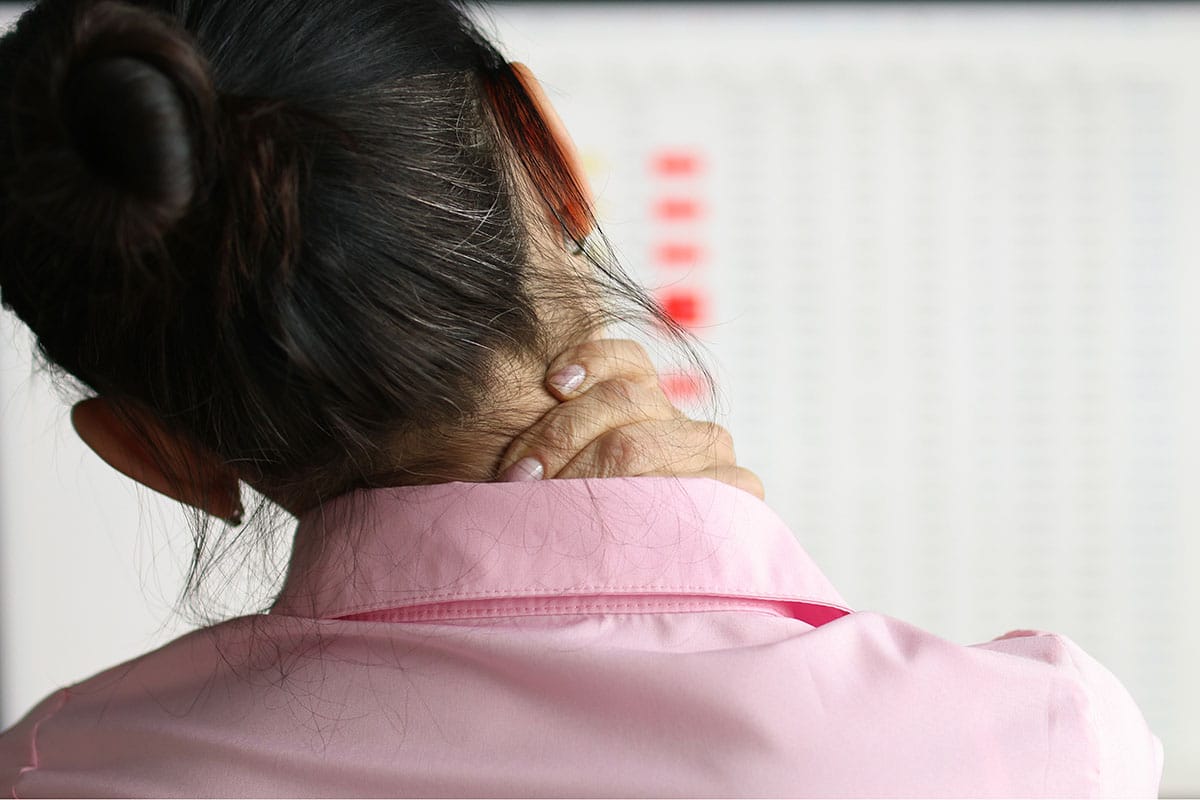Living with chronic pain is challenging. You may believe that your pain will stay with you for the rest of your life. As a result, you may turn to opioids or opiates to control your pain, which can lead to an addiction. However, there are countless ways that you can treat chronic pain, both professionally and personally. Methods such as physical therapy, holistic care, and psychotherapy provide healthy ways to help you reduce pain so that you feel better.
If your chronic pain has led to an addiction to opioids or opiates, our outpatient opioid addiction treatment program can help. We offer a range of treatment options, which we have designed to give you the support and care you need to recover. We’ll also provide a range of treatment options for your chronic pain. For more information about your treatment options, contact Colorado Medication Assisted Recovery today at 833.448.0127.
Consequences of Using Opioids to Control Chronic Pain
Many people who begin using opioids may start abusing them to get the same effect. In other words, they have developed a dependence on the substance. While this is a significant problem, opioid use also incurs a range of negative side effects. For instance, opioid use can lead to a range of other symptoms, including:
- Nausea
- Constipation
- Increased pain sensitivity
- Low sex drive
- Vomiting
These negative side effects can make chronic pain worse, and should be considered when weighing the benefits of opioid use. When opioid use is chronic and involves a high dosage, the risks become even more significant.
Controlling Chronic Pain with Psychotherapy
If a person tells you that your pain is ‘all in your head,’ they probably do not understand the full extent of your pain. However, there is plenty of evidence to suggest that there is a strong correlation between stress, anxiety, or depression and physical pain. A psychologist can help you cope with the behaviors, feelings, or thoughts that accompany your chronic pain.
When working with a psychologist, you can discuss your emotional and physical health and address issues that may trigger or aggravate your pain. For instance, if you feel a lot of anxiety, the pain in your chest, necks, hands, back, and legs may intensify due to the amount of pressure your stress puts on your body. A psychologist or behavioral therapist can teach you relaxation and mindfulness strategies that can manage your anxiety. We offer several therapeutic techniques, including:
- Cognitive-behavioral therapy program (CBT) – CBT involves the use of specific strategies to identify and address problem behaviors that contribute to chronic pain.
- Dialectical behavior therapy program (DBT) – DBT is a form of therapy that helps you develop coping strategies to manage chronic pain and difficult emotions.
- Individual therapy program – Individual therapy provides a safe space to explore how chronic pain affects your life.
- Group therapy program – Group therapy is a great way to connect with others who are going through similar struggles.
- Family therapy program – Family therapy helps you build healthier relationships and gain support from your loved ones.
Every step you take towards managing chronic pain is one step closer to feeling better. You’ll be able to reduce your chronic pain and find healthier ways to cope with it through the help of Colorado Medication Assisted Recovery.
Dual Diagnosis Treatment for Chronic Pain Management
At Colorado Medication Assisted Recovery, we recognize that chronic pain often leads to an addiction to drugs. Many doctors prescribe opioids or opiates to try to manage their patient’s chronic pain. This method may be effective in the short term, but if you continue using opioids to control your pain over long periods of time, you can struggle with addiction. A dual diagnosis treatment program, such as the one we offer at Colorado Medication Assisted Recovery, can address your addiction and help you manage your chronic pain.
At our dual diagnosis treatment center, we specialize in providing medications that will help to control your cravings to use opioids or opiates. At the same time, we can provide specific techniques to manage your symptoms without the medications. With these techniques, you can put your opioid use and chronic pain under your control.
Learn More About Chronic Pain Management at CMAR
If you are tired of chronic pain, then now is the time to do something about it. CMAR provides relief for pain at our chronic pain and addiction treatment program. In addition to our chronic pain management program, we also offer a range of other dual diagnosis treatment programs, including:
- Depression treatment program
- Anxiety treatment
- Bipolar disorder treatment
- PTSD treatment
To find out more about your treatment options, call Colorado Medication Assisted Recovery at 833.448.0127. We can discuss your pain, answer your questions, and help you develop a treatment plan to address your addiction and chronic pain.


























